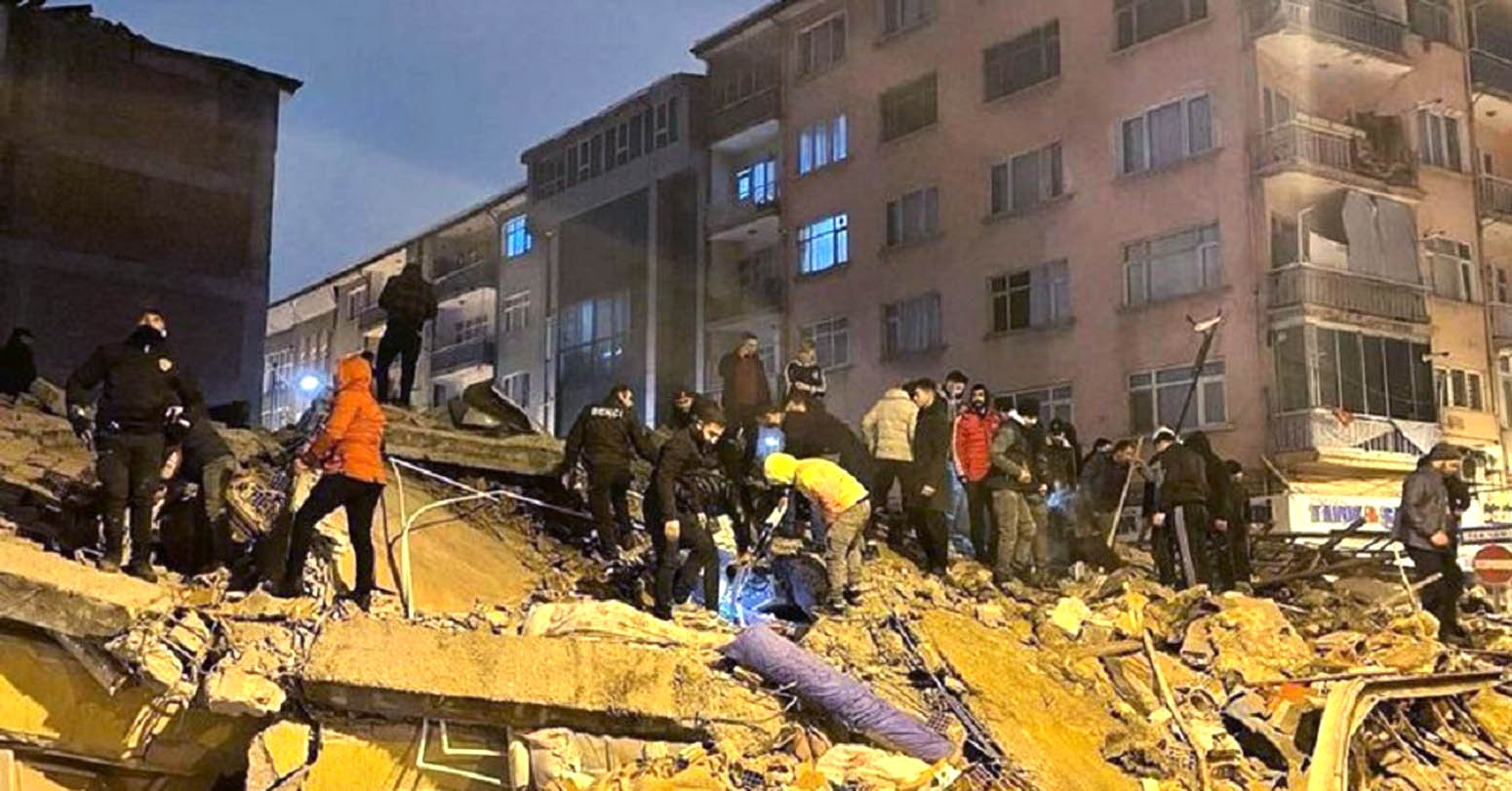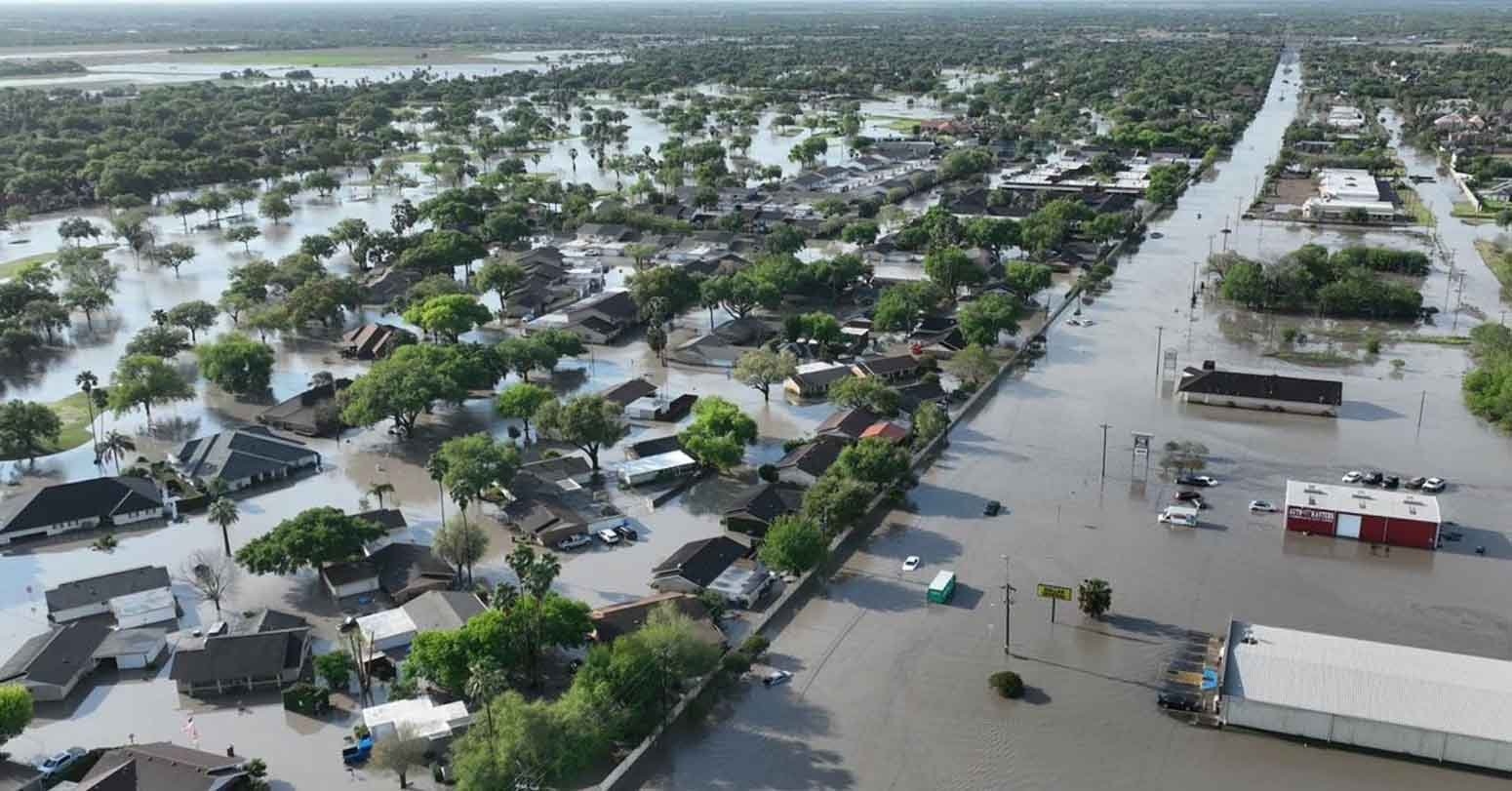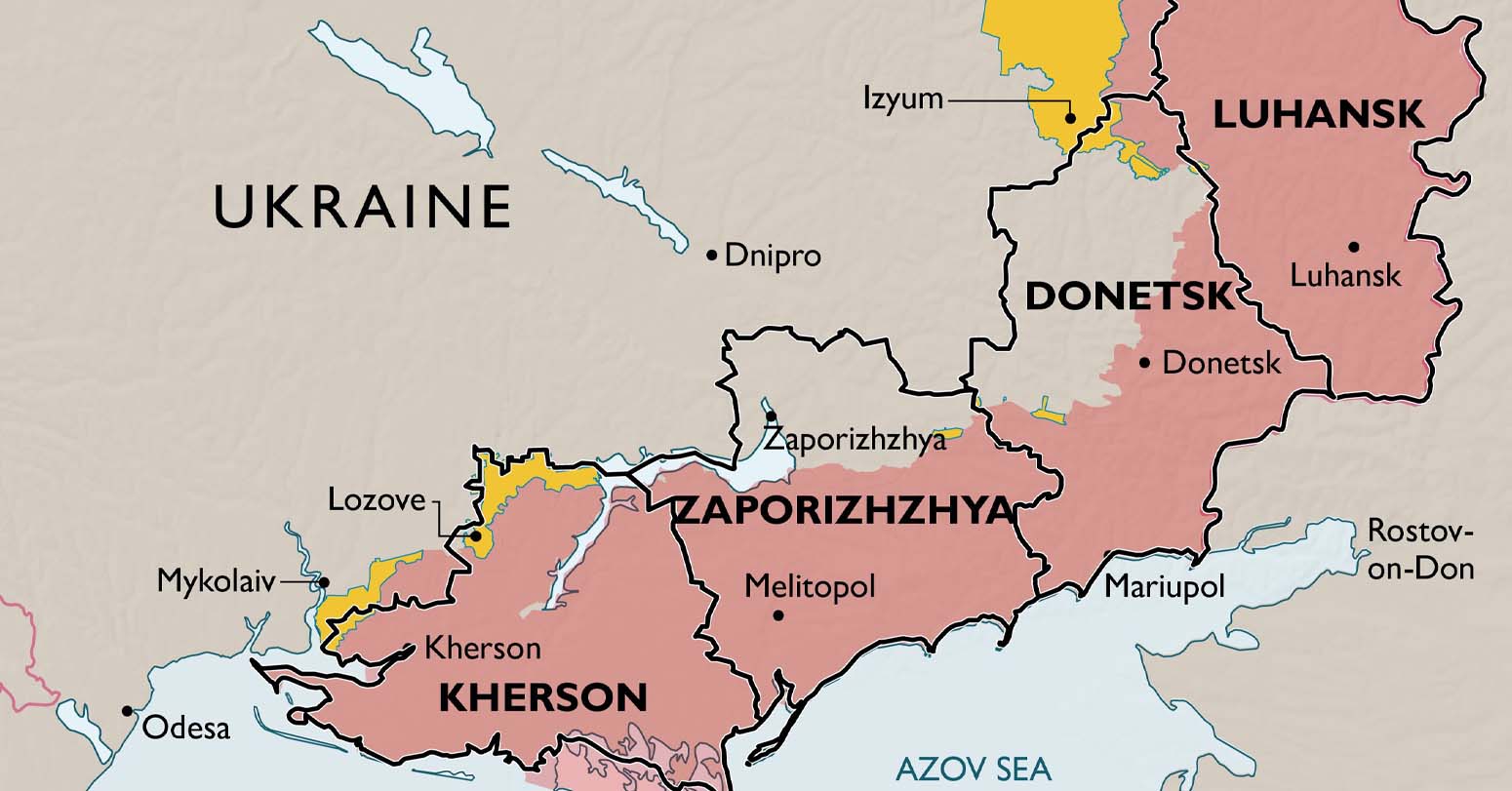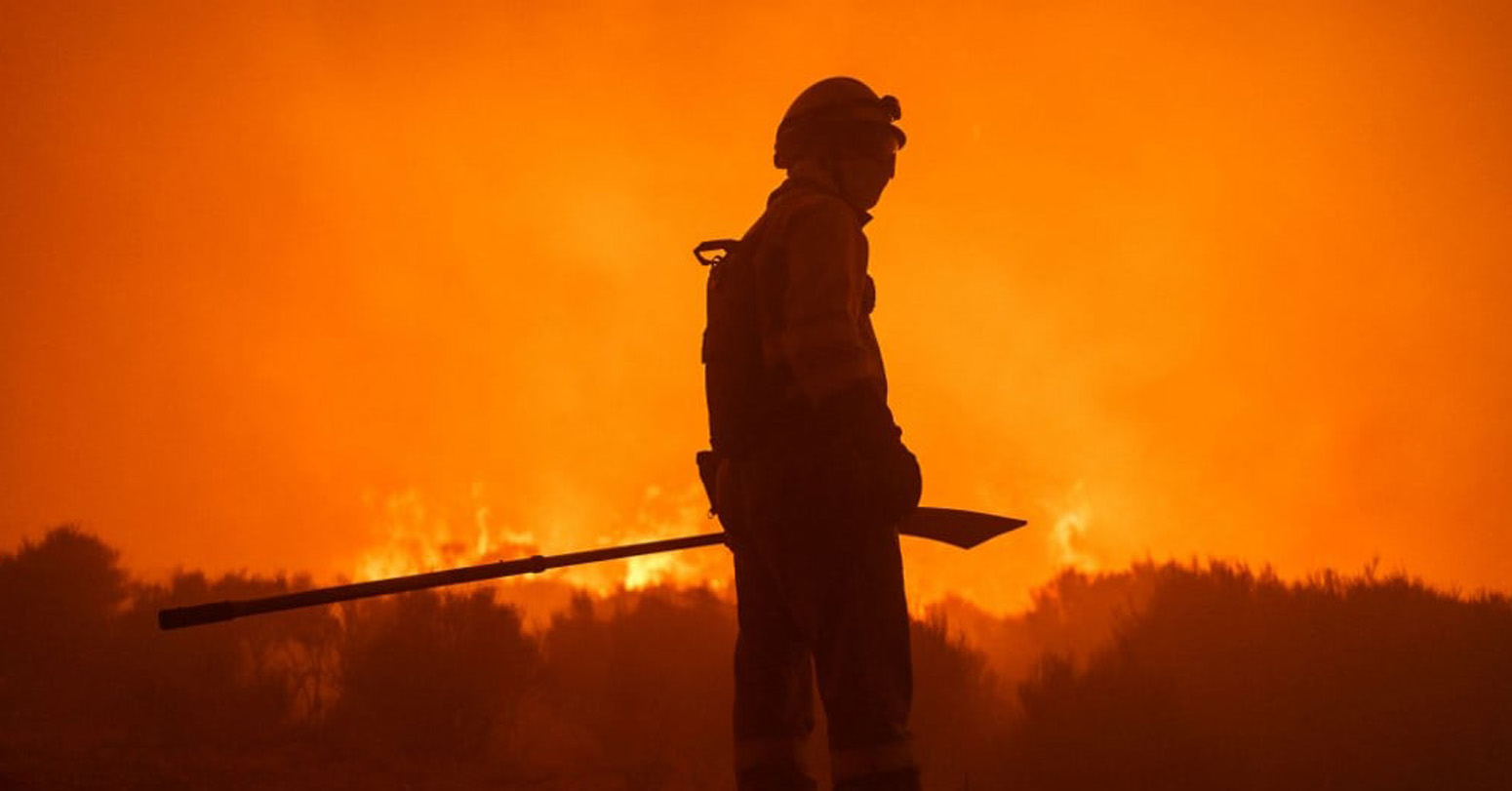One month after a powerful quake devastated parts of Turkey and Syria, hundreds of thousands of people still need adequate shelter and sanitation, and an appeal for $1 billion to assist survivors is only 10% funded, hampering efforts to tackle the humanitarian crisis, a United Nations official said Monday.
The Feb. 6 earthquake and strong aftershocks have killed more than 46,000 people in Turkey, destroyed or damaged around 230,000 buildings and left hundreds of thousands of people homeless — making it the worst disaster in Turkey’s modern history. The U.N. estimates that the earthquake killed around 6,000 people in Syria, mainly in the rebel-held northwest.
About 2 million survivors have been housed in temporary accommodation or evacuated from the earthquake-devastated region, according to Turkish government figures. Around 1.5 million people have been settled in tents while another 46,000 have been moved to container houses. Others are living in dormitories and guesthouses, the government said.
The U.N. representative said tents are still needed even though they are not “the optimal solution” for sheltering people. He reported some cases of scabies outbreaks because of poor sanitary conditions.
Last month, the U.N. made a flash appeal for $397.6 million to help Syrian quake victims — just over half of which has come in — and a $1 billion appeal for victims in Turkey to cover emergency needs, such as food, protection, education water and shelter, for three months. Rodriguez said the appeal for Turkey is only about 10% funded.
In Syria, the situation remained dire one month after the deadly earthquake, with aid groups citing fears of a looming public health crisis with families still packed into overcrowded temporary shelters and crucial infrastructure damaged by the quake.
The International Committee of the Red Cross said in a statement that Aleppo’s water infrastructure — already aging and damaged by the war — had been further damaged by the quake, which “reduced the system’s efficiency and raised the risk that contaminated water could pollute the supply.”
Water contamination is of particular concern in Syria as the country had already been battling cholera outbreaks before the earthquake.
While the quake generated an initial outpouring of aid, relief organizations cited fears that the world’s attention will move on quickly, while basic humanitarian needs remain unmet. Meanwhile, political and logistical issues have in some cases blocked aid from reaching those in need.
The Feb. 6 earthquake and strong aftershocks have killed more than 46,000 people in Turkey, destroyed or damaged around 230,000 buildings and left hundreds of thousands of people homeless — making it the worst disaster in Turkey’s modern history. The U.N. estimates that the earthquake killed around 6,000 people in Syria, mainly in the rebel-held northwest.
About 2 million survivors have been housed in temporary accommodation or evacuated from the earthquake-devastated region, according to Turkish government figures. Around 1.5 million people have been settled in tents while another 46,000 have been moved to container houses. Others are living in dormitories and guesthouses, the government said.
-AP
















Middle-aged man spends millions to
Dr. Dharam Raj Upadhyay: Man
Breathing The Unbreathable Air
Comprehensive Data Protection Law Critically
Gender Differences In Mental Healthcare
Erosion of Democracy